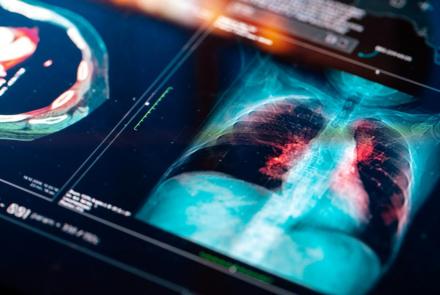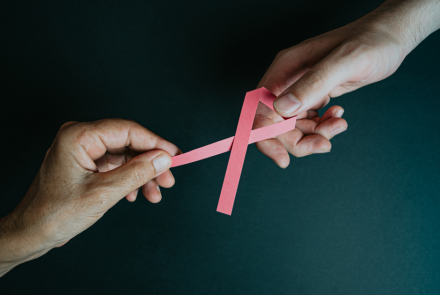If you are pregnant or are thinking about having a baby, it’s important to know the signs of preeclampsia, a pregnancy complication that is potentially very dangerous to both mother and baby. “The only cure for preeclampsia is delivery of the baby,” says Olga Tusheva, MD, an obstetrician-gynecologist at Highland Medical, P.C.
The cause of preeclampsia is not completely understood. While most cases are sporadic (meaning a woman with preeclampsia has no affected relatives), it is thought genetic factors also may be involved. The condition starts in the placenta, the organ that connects mother and the developing baby. The placenta needs a large and efficient blood supply from the mother to sustain the baby. In preeclampsia, the placenta does not develop normally, which can result in a deficiency of nutrients and oxygen available for the growing baby.
In the mother, preeclampsia causes high blood pressure and leakage of protein in the urine—which can progress to serious illness if it is undetected. The unborn baby may grow more slowly than normal or suffer potentially dangerous oxygen deficiency.
Preeclampsia can be diagnosed starting at around 20 weeks of pregnancy. Signs can include high blood pressure (in excess of 140/90 mm Hg), headaches, nausea, vomiting, abdominal pain, or blurred vision. “In a pregnant woman with any of these symptoms, the doctor will do a workup to look for abnormalities in the blood and urine that indicate preeclampsia,” Dr. Tusheva says. A single high blood pressure reading doesn't mean you have preeclampsia. Because headaches, nausea, and aches and pains are common in pregnancy, it can be difficult to know when these symptoms are simply part of being pregnant and when they may indicate preeclampsia. If you have any of these symptoms, see your doctor.
Women most at risk of preeclampsia include those who have had the condition in a prior pregnancy; those over age 35; those pregnant with more than one fetus, women who are overweight, those with a history of high blood pressure, diabetes, chronic kidney disease, or a history of autoimmune disorders such as lupus.
Depending on how severe the preeclampsia is, a woman may be hospitalized and closely monitored until the baby is mature enough to be delivered, Dr. Tusheva says. The mother may be given high blood pressure drugs. While these medications do not treat the underlying disease, they can reduce the risk of some complications. “If the condition becomes severe enough to endanger the life of the mother or baby, then delivery is necessary,” she adds.
For most women, the birth of the baby resolves preeclampsia symptoms, although it is possible to be diagnosed with preeclampsia even after delivery. There are no known health problems for babies and children who have been affected by preeclampsia unless they were extremely starved of nutrients and oxygen in the womb or needed to be delivered very prematurely.
Because women who have suffered preeclampsia in a first pregnancy are at risk of developing it again, they should be monitored more closely and more often than usual in subsequent pregnancies.
Dr. Tusheva says a new development is a blood test that can help doctors better predict whether a woman will develop preeclampsia. The new test, which is not yet widely available, can be done as early as the first trimester of pregnancy. “If you have preeclampsia once, the risk of developing the condition in a subsequent pregnancy is substantial, so it’s very beneficial to have a test available to help doctors determine a woman’s risk,” she says.
While there is no way to completely reduce your risk of developing preeclampsia, Dr. Tusheva says there are some steps you can take to help decrease your risk. These include regular exercise, eating a healthy diet, controlling your weight, and avoiding smoking, alcohol and non-prescribed drugs. If you have high blood pressure or diabetes, work with your doctor to keep these conditions under control.
Once you are pregnant, go for regular checkups. If preeclampsia is detected early, you can work with your doctor to prevent complications and make the best choices for you and your baby.






